A few months ago, a colleague sent this message:
“I was just painfully reminded by my friend had I held my initial $1K investment in ETH, today would be the day it was worth $1M.”
I have an uncle who does something similar: At family gatherings, he makes a point to remind me of two errors in my nascent investing career:
- I bought Apple stock at $45… and sold at $90
- I bought Amazon at $36… and sold at $70
We’ll have a laugh at the millions I foolishly “lost,” and he’ll joke that it’s probably the biggest regret of my life. But the truth is, I don’t spend any time thinking about it whatsoever. It doesn’t occur to me.
That’s life. You come across challenges, make decisions, analyze the outcome, and (hopefully) use that information to make better decisions in the future.
The taste of regret has hundreds of flavors
None of them are good.
You can torture yourself by living in the past:
- Wording and rewording the perfect retort to the nasty person on the train (“Ugh, that’s what I should have said!”)
- Replaying past relationships and daydreaming about old flames
- Playing the “what-if” game: What if I was accepted into that school? What if I got that job? Etc.
Even in small doses, reliving the past, by definition, robs you of the present. Every second spent on what happened comes at the cost of what is happening.
In larger doses, regret can be psychologically paralyzing. We get so caught up in what could have or should have happened, we spend days, weeks, even months, wallowing in the past and get so caught up in missed opportunity.
And at the extreme edges, being stuck in the past can be fatal. In The Art of Learning by Josh Waitzkin,[note]http://a.co/bS76L8B | page 65[/note] the author talks about a scene on a Manhattan sidewalk:
“A pretty young woman stood a few feet away from me, wearing headphones and moving to the music. I noticed her because I could hear the drumbeat. She wore a grey knee-length skirt, a black sweater, and the typical Manhattan office worker’s white sneakers for the trek home. Suddenly she stepped right into the oncoming traffic. I guess she was confused by the chaotic one-way street, because I remember her looking the wrong way down Broadway.
“Immediately, as she stepped forward, looking right, a bicycle bore down on her from the left. The biker lurched away at the last second and gave her a solid but harmless bump. In my memory, time stops right here.
“This was the critical moment in the woman’s life. She could have walked away unscathed if she had just stepped back onto the pavement, but instead she turned and cursed the fast-pedaling bicyclist. I can see her now, standing with her back to the traffic on 33rd and Broadway, screaming at the now-distant biker who had just performed a miracle to avoid smashing into her. The image is frozen in my mind.
“A taxicab was the next to speed around the corner. The woman was struck from behind and sent reeling ten feet into the air. She smashed into a lamppost and was knocked out and bleeding badly.”
We will continue to feel like we are missing opportunities, as there’s simply no way to catch them all. Thus, it becomes a two-part strategy: First, how to deal with the feeling of regret? Second, how to see as many opportunities as possible?
A few strategies come to mind:
Ignore people who remind you of your “losses”
We all experience schadenfreude — the pleasure derived from someone else’s misfortune. Schadenfreude is human nature.
It’s why the only thing we love more than a hero’s rag-to-riches story is to tear down the monuments we erect to them (see: Travis Kalanick, Elishia Holmes, etc.).
So when it comes to your losses or your missed opportunities, it does not matter what anyone else thinks about it. You own those. The loss is your loss. Anyone else’s opinion is irrelevant.
You might not be able to stop them from sharing their opinion. For example, I’d never tell my uncle (who is a good person and means well) to get over the Amazon/Apple stocks story.
But I don’t have to listen to him either.
Build a life that lets you make long-term bets
Few life-changing opportunities are a “sure thing:”
- Cryptocurrency
- A promising job
- A new business venture
Part of what makes it an amazing opportunity is the trade-off of short-term uncertainty for the long-term gain.
Get your life in order so when the opportunity arises, you’re in position to make that trade. Build a life that allows you to make long-term bets instead of reacting to short-term crises.
I sold my Apple and Amazon stock to pay off my student loans. If I saved more during college, or had a better understanding of how to use debt, I would have made different choices. Instead, I made what Shane Parrish calls a “first-order positive, second-order negative” decision.
A real advantage is conferred on people who can do things that are first-order negative, second-order positive.
– Shane Parrish
Set up your life so you’re in position to make first-order negative, second-order positive decisions. Some steps to do this are:
- Automating your finances
- Creating good work habits
- Building strong relationships
Create a pipeline of opportunities
Stop worrying about missing the boat on cryptocurrency, housing, or buying Netflix stock. Any time spent chasing past opportunities is time taken away from the next opportunity.
Instead, gather your resources, lookout for signs of the next wave, and position yourself to be first in line when that wave breaks. Create a pipeline of these opportunities, so they flow to you automatically. While there’s no set formula, some strategies are:
- Schedule time to meet and talk with new people, outside of your bubble
- Become a practitioner, not a headline reader. Get a lot of different tastes. Experiment
- Keep an open mind
- Read — both what everyone is reading and what no one is reading. Learn to distinguish between signal and noise
I’m reminded of a particular short story in Alan Lightman’s, Einstein’s Dreams. The author envisions a fantastical world where there are no memories, and instead, people carry around a Book of Life, where they record the day’s events. When the day is over, their memory is gone, and the day starts anew:
“With time, each person’s Book of Life thickens until it cannot be read in its entirety. Then comes a choice: elderly men and women may read the early pages, to know themselves as youths; or they may read the end, to know themselves in later years.
“Some have stopped reading altogether. They have abandoned the past. They have decided that it matters not if yesterday they were rich or poor, educated or ignorant, proud or humble, in love or empty-hearted– no more than it matters how a soft wind gets into their hair. Such people look you directly in the eye and grip your hand firmly. Such people walk with the limber stride of their youth. Such people have learned how to live in a world without memory.” [note]http://a.co/2MA5l1i | page 84[/note]
Since we can’t live in a world with no memory, we must settle for living in the present.
###
Photo Credit: Yuma Hori

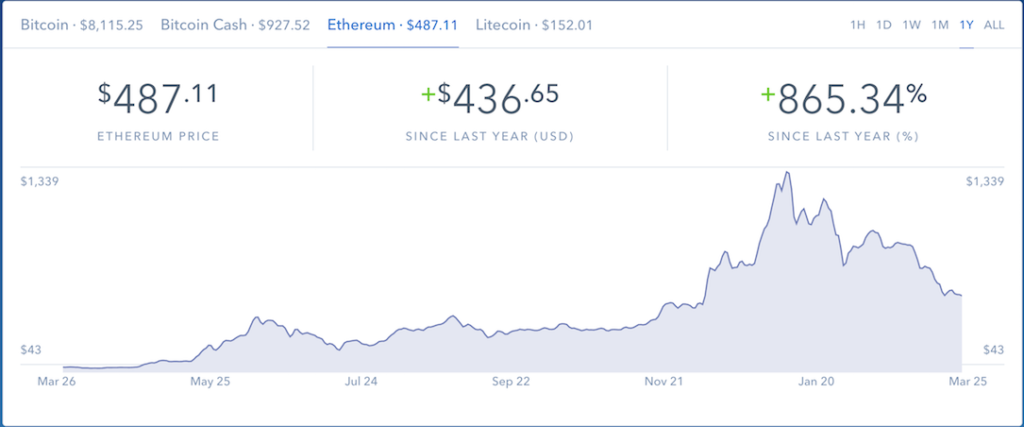
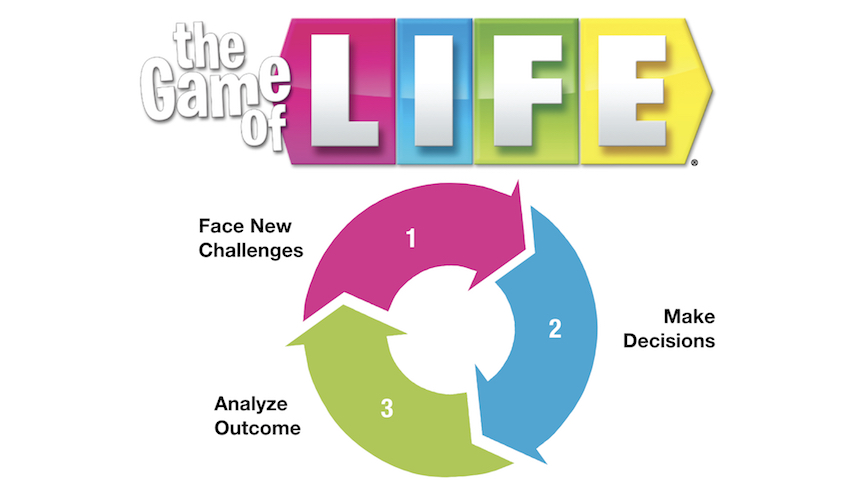
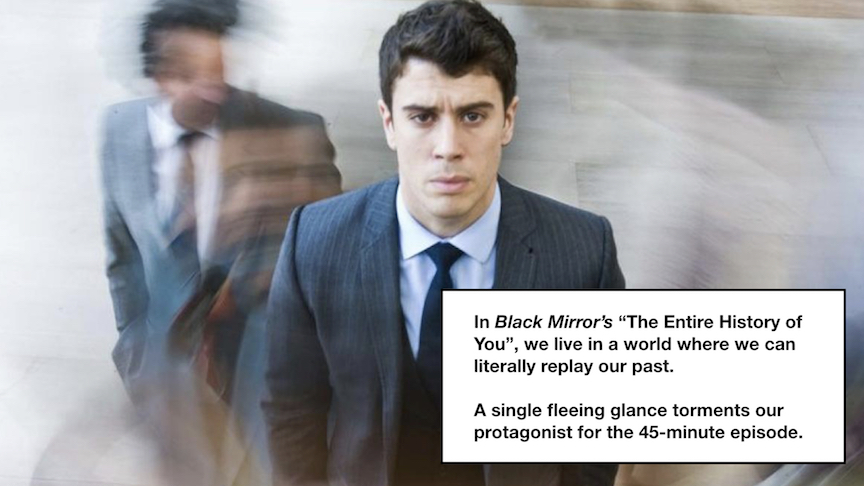
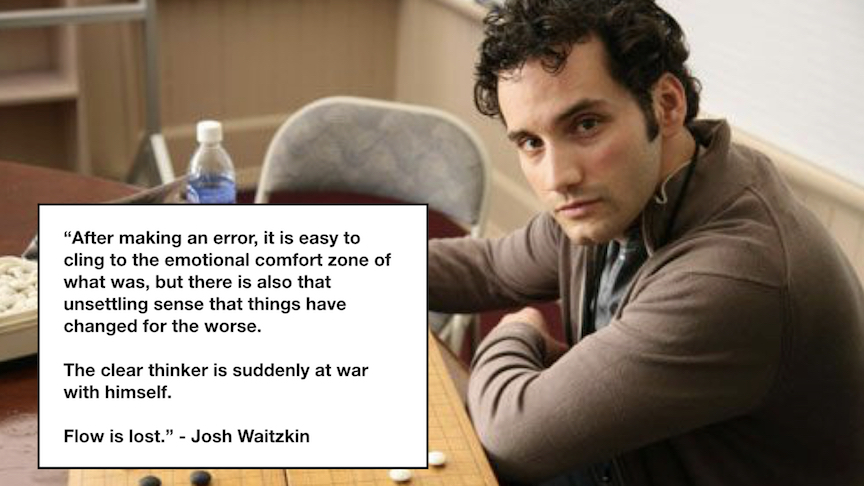
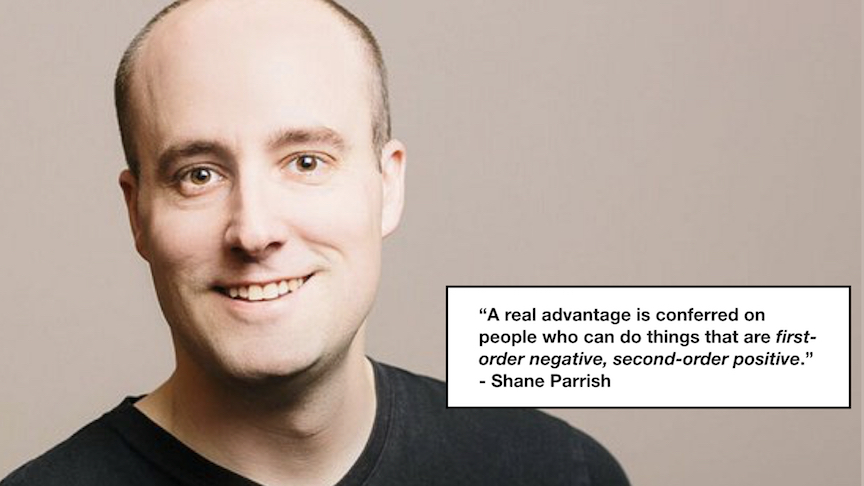
2 Comments
Nicely written in the subject. It hits all the notes however as sensible as these suggestions are I still am kicking myself over what could have been . I’m AM that girl. The coulda woulda shoulda but I don’t have a lot of time on my side and I’m spinning my wheels. Nothing like an old fool stuck in the mud.
Thanks so much Joanie. I agree, it’s hard to move on at times. But we have no choice – we have to keep pressing forward.